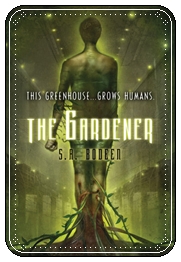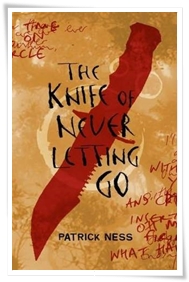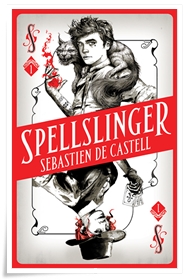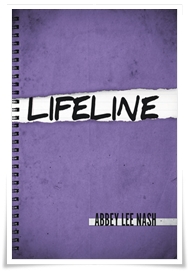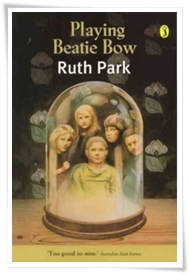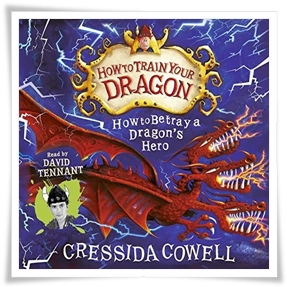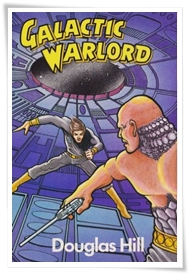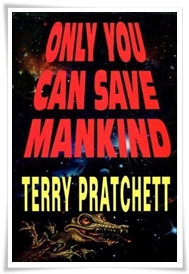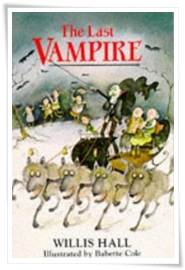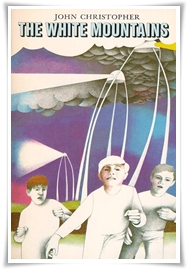The Gardener
by S. A. Bodeen (Feiwel and Friends, 2010); audiobook read by Luke Daniels (Brilliance, 2010)
The Gardener starts well, mixing SF conspiracy with teenage romance. Mason makes for a likeable protagonist, burdened (but not cripplingly so) by circumstance, and determined in the face of uncertainty and helplessness. The story, however, funnels off into an information dump cul-de-sac.

